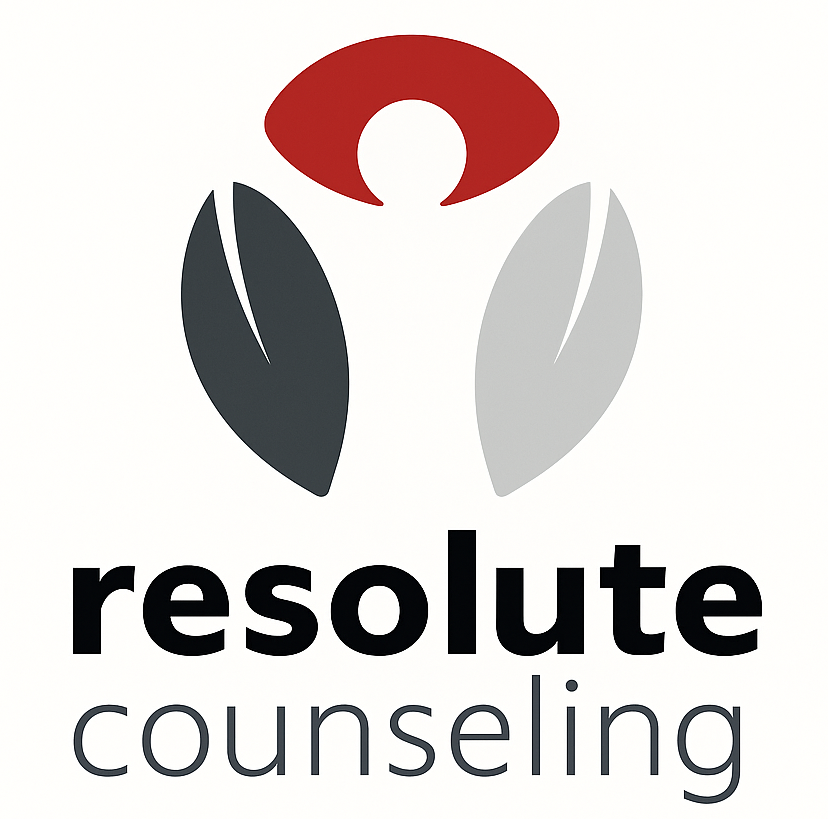Written by Brad Krause
When anxiety lingers in your mind, it rarely stays put. Even if you don’t say a word, your child is paying attention. They’re not just observing what you do—they’re absorbing how you feel. That hum of unease, that flash of tension during school prep or bedtime? It leaves a mark. Recognizing how your anxiety might shape your child’s emotional world isn’t about guilt. It’s about turning the lights on in a room that’s been dim for too long—and making it safer for both of you to move around.
Noticing Your Anxiety
Sometimes, the first clue is exhaustion—not from your child, but from your racing thoughts. You replay what-if scenarios, monitor every social hiccup, and overanalyze milestones. This constant vigilance often feels like love—but it’s also stress with a mask on. If you find yourself caught in cycles of persistent worry about your child, it may be time to ask whether your inner alarms are about the current reality or unprocessed fear. Your reactions, not their behavior, might be the loudest signal.
They Feel What You Don’t Say
Your child doesn’t need to understand anxiety to feel it. They register your sighs, eye movements, the way you tense during drop-offs or bedtime. Their bodies respond even when their brains don’t understand the cause. They internalize the environment before they ever name the emotion. Over time, that kind of exposure creates a template for how they experience their own uncertainty. Kids mirror parental stress, and those echoes shape how they navigate the world—often well into adulthood.
Your Habits Are Signals Too
Kids don’t just listen to what you say—they live inside your patterns. When your meals are rushed, your sleep is inconsistent, or your phone is always within reach, that becomes their version of normal. You don’t need a total lifestyle overhaul to send better signals—just start with making healthier everyday choices. Swap a screen scroll for a walk, or bring them into the kitchen when you’re cooking something fresh. Those small shifts build a home rhythm where your body, your stress, and their sense of safety all start to realign.
Helping Too Much Can Hurt
When anxiety spikes, the instinct is to fix, rescue, control. You jump in fast, solve problems before they’re voiced, and pave the road ahead. But that level of involvement, while well-intentioned, can silently rob your child of the chance to stretch. Doing too much backfires. It communicates, without words, that they can’t be trusted to try, fail, or recover. In those moments, protection crosses into prevention—of growth, of confidence, of emotional muscle.
Staying Calm
When your child melts down, your reaction becomes the weather. Will it storm? Will it settle? This is where your tone and body can do more than your words. Practicing co‑regulation helps manage emotions is less about lectures and more about being the calm you want them to feel. Sit lower. Speak slower. Validate without solving. You’re not just parenting in those moments—you’re training their nervous system how to reset.
Building Mindfulness Into Your Own Routine
You cannot coach peace while living in panic. The good news is you don’t need to overhaul your life. Simple practices—five minutes of stillness, intentional breaths between tasks, setting one digital boundary—can shift your baseline. Mindful parenting prevents stress escalation. That space you carve out for yourself? Your child lives in its wake. What you model becomes their normal. Calm, once optional, starts to feel like the family setting.
Asking for Help Is Strength
You don’t have to hit rock bottom to deserve support. If your child is showing distress—or if your anxiety feels like it’s shaping more of your parenting than you’d like—talking to someone outside the family can offer clarity. Therapy with Resolute Counseling can rewire the loop you’re stuck in. It’s not about being broken. It’s about having the courage to change the environment your child will one day remember as home.
You don’t have to be perfect to be steady. You just have to be aware of what you’re passing down without meaning to. Kids aren’t looking for flawless parents—they’re looking for signals that things are okay. If you’re working through your own anxiety, that’s not a weakness. That’s the work of someone trying to lead differently. And that’s something they’ll feel for the rest of their lives.
Discover a holistic approach to mental wellness with Resolute Counseling, where personalized therapy and medication management pave a positive path to growth and wellness. After spending most of his time in a corporate setting and neglecting his self-care for far too long, Brad embraced his calling and decided to become a full-time life coach. He now spends the rest of his life helping people get a better foothold on their wellness above all else through Self Caring.



